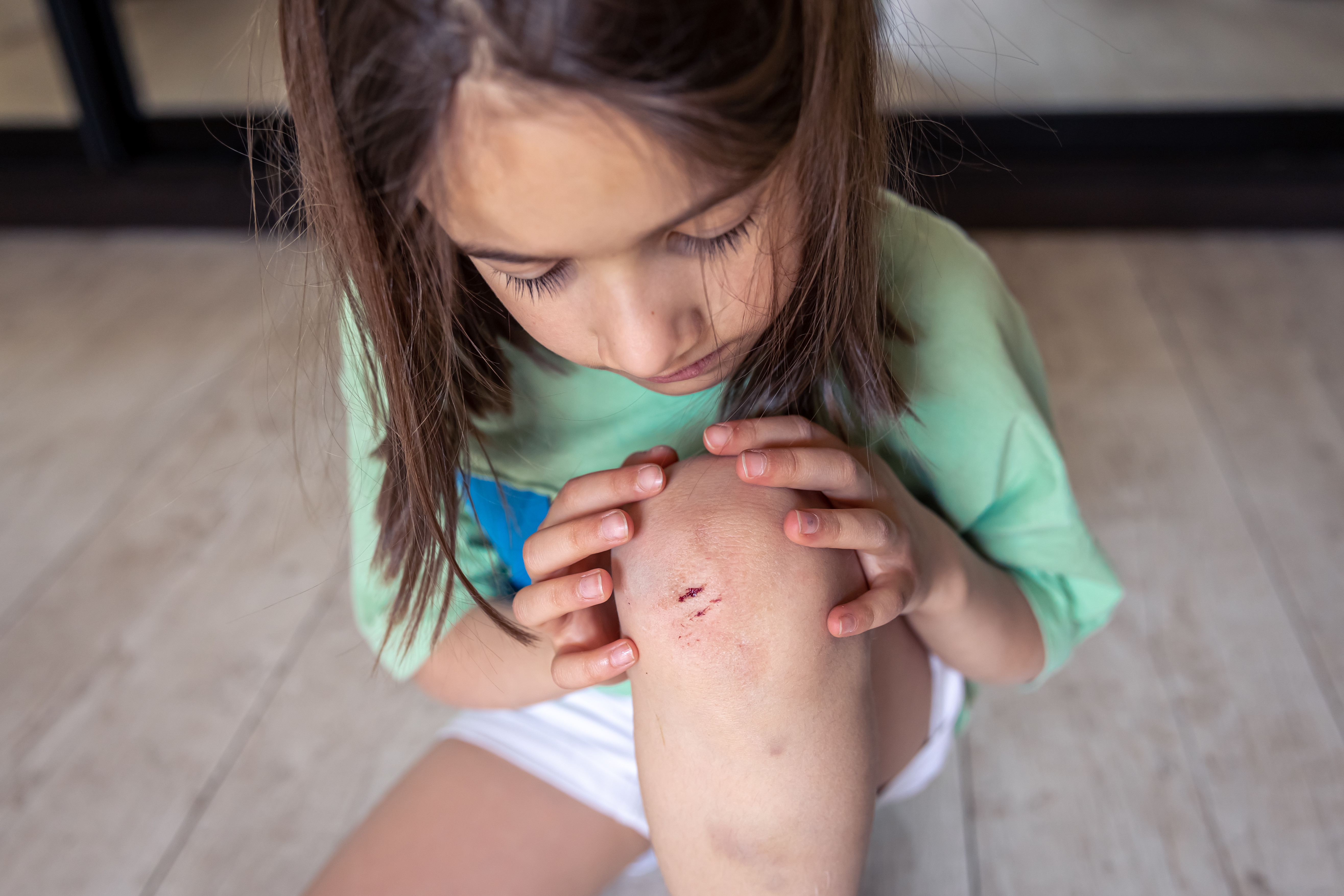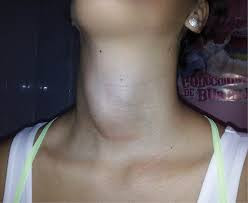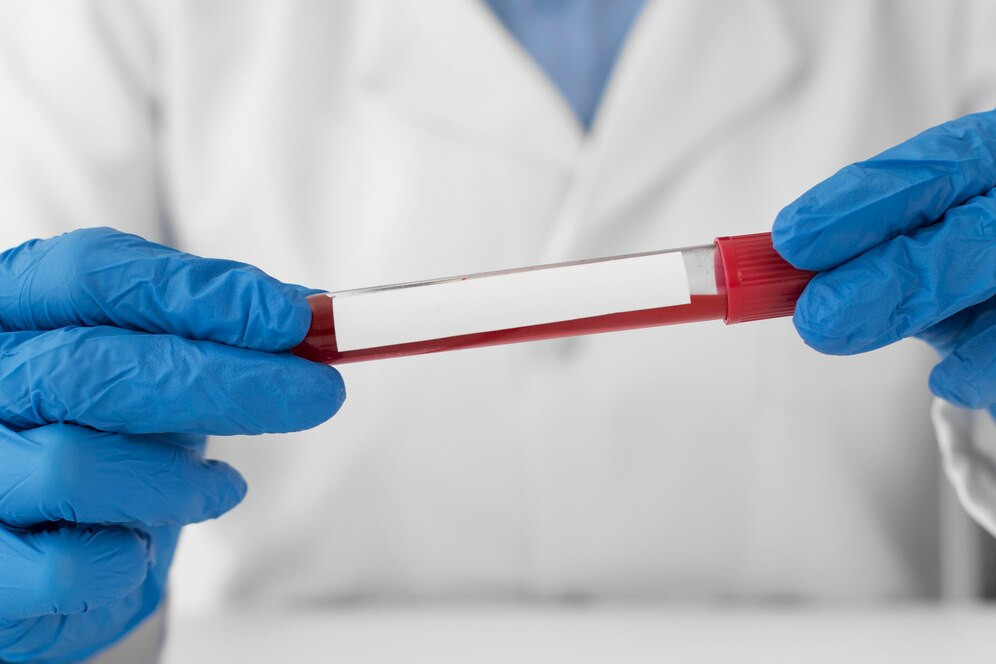Definisi
Hipotiroidisme adalah kondisi dimana kelenjar tiroid tidak menghasilkan cukup hormon tiroid yang diperlukan tubuh. Tiroid adalah kelenjar berukuran kecil dan berbentuk seperti kupu-kupu yang terletak di bagian depan leher. Kelenjar ini menghasilkan hormon tiroid yang berfungsi untuk mengontrol metabolisme tubuh dan fungsi penting tubuh lainnya.
Hipotirodisme dapat terjadi pada siapapun, termasuk bayi dan anak-anak. Jika tiroid pada bayi dan anak tidak menghasilkan cukup hormon tiroid, maka hal ini dapat menyebabkan beberapa masalah serius seperti cacat mental, pertumbuhan terhambat, dan kehilangan pendengaran. Kondisi ini perlu ditangani sesegera mungkin untuk mengurangi kemungkinan terjadinya komplikasi.
Angka kejadian hipotirodisme diperkirakan berada diangka 1:3000-4000 pada bayi baru lahir dan angka kejadiannya meningkat menjadi 1:300-400 pada daerah yang kekurangan yodium, seperti pegunungan atau dataran tinggi.
Penyebab
Pada anak-anak, hipotiroidisme dapat muncul sejak lahir (kondisi yang disebut "hipotiroidisme kongenital") atau dapat berkembang dikemudian hari pada masa kanak-kanak. Namun, kondisi hipotiroidisme juga dapat terjadi ketika kelenjar tiroid tidak lagi dapat bekerja semestinya, meskipun anak lahir dengan keadaan tiroid yang normal (kondisi ini disebut "hipotiroidisme didapat").
Penyebab tersering hipotiroidisme pada bayi dan anak adalah tiroiditis Hashimoto. Tiroiditis Hashimoto adalah penyakit autoimun dimana sistem kekebalan tubuh yang seharusnya melindungi tubuh dari serangan benda asing atau infeksi justru mengira kelenjar tiroid sebagai benda asing dan menyerangnya, sehingga menyebabkan peradangan pada tiroid.
Penyebab lainnya antara lain:
- Tiroiditis, yaitu peradangan pada tiroid yang bisa disebabkan oleh infeksi virus.
- Operasi pengangkatan kelenjar tiroid, untuk mengobati kanker tiroid atau penyakit Graves.
- Terapi radiasi, untuk mengobati kanker, penyakit Hodgkin atau penyakit Graves yang dapat merusak kelenjar tiroid.
- Obat-obatan, seperti lithium (obat gangguan jiwa) dan amiodaron (obat jantung) dapat mengganggu kinerja kelenjar tiroid.
- Kerusakan pada kelenjar pituitari atau hipofisis yang mengatur kinerja kelanjar tiroid di otak.
Faktor Risiko
Ada beberapa faktor yang dapat meningkatkan risiko anak atau bayi mengalami hipotiroidisme, yaitu:
- Mengalami kelainan kromosom, seperti sindrom down, sindrom Williams, atau sindrom Turner.
- Memiliki penyakit autoimun, seperti diabetes tipe 1 atau penyakit celiac.
- Mengalami cedera pada kelenjar tiroid.
Baca Juga: Penyakit Hipotiroidisme - Definisi, Penyebab, Gejala, dan Tata Laksana | AI Care (ai-care.id)
Gejala
Hipotiroidisme tidak memiliki gejala yang khas dan gejalanya dapat muncul secara perlahan selama bertahun-tahun, sehingga orang tua sering kali tidak menyadari anaknya mengalami hipotiroid.
Terdapat dua tanda penting yang perlu diperhatikan pada anak, yaitu:
- Pertumbuhan yang terhambat atau anak bertubuh pendek dibanding teman seusianya, hal ini merupakan tanda awal pada anak dengan hipotiroidisme.
- Mengalami keterlambatan atau tertundanya pubertas pada remaja.
Gejala lainnya meliputi:
- Kelelahan
- Sembelit (konstipasi)
- Intoleransi terhadap dingin
- Kulit kering
- Rambut kering dan rapuh
- Depresi
- Periode menstruasi yang tidak teratur atau berat
- Kenaikan berat badan
Karena gejalanya yang bervariasi dan tidak spesifik, orang tua dianjurkan melakukan pemeriksaan lanjut ke dokter jika anak atau bayi menunjukkan gejala di atas.
Diagnosis
Pertama-tama, dokter akan mewawancarai Anda secara lengkap mengenai keluhan dan gejala yang anak atau bayi alami, serta riwayat penyakit anak dan keluarga.
Dokter kemudian akan melakukan pemeriksaan fisik pada daerah leher dan seluruh tubuh, melihat bila terdapat pembesaran pada kelenjar tiroid atau tanda masalah tumbuh kembang pada anak.
Selanjutnya, dokter akan menyarankan untuk melakukan pemeriksaan penunjang berupa pemeriksaan darah atau radiologi. Pemeriksaan darah dilakukan untuk melihat beberapa hormon yang terkait dengan hipotiroidisme, seperti:
- TSH (Thyroid Stimulating Hormone). Jika TSH menunjukkan kadar yang tinggi, maka menandakan kelenjar tiroid kurang aktif (hipotiroidisme).
- Kadar T4, untuk mengukur kadar hormon tiroksin (T4) di dalam darah, biasanya dokter akan memeriksa kadar T4 yang bebas (Free T4 atau FT4). Kadar FT4 yang rendah dapat menandakan kelenjar tiroid yang kurang aktif (hipotiroidisme).
Pada pemeriksaan radiologi, dokter mungkin akan melakukan USG tiroid untuk melihat ukuran dan kondisi tiroid bayi atau anak lebih jelas. Biopsi tiroid mungkin dilakukan pada beberapa kasus untuk memastikan diagnosis hipotiroidisme.
Baca Juga: Pemeriksaan Pemeriksaan TSH - Indikasi, Prosedur, dan Hasil Pemeriksaan | AI Care (ai-care.id)
Tata Laksana
Hipotiroidisme pada bayi dan anak diobati dengan cara mencukupi kebutuhan hormon tiroid yang diperlukan tubuh. Tujuannya adalah mengembalikan kadar T4, TSH dan fungsi tubuh menjadi normal.
Dokter akan memberikan obat yang disebut hormon tiroid sintesis (levotiroksin) yang dikonsumsi sehari sekali. Dosisnya akan disesuaikan dengan kadar hormon tiroid pada bayi atau anak. Idealnya, obat ini dikonsumsi dalam kondisi perut kosong atau 30 menit sebelum makan.
Obat levotiroksin harus diminum secara konsisten setiap harinya. Jika Anda lupa, segera beri obat tersebut ke anak saat Anda mengingatnya. Ada beberapa obat yang tidak boleh dikonsumsi bersamaan dengan levotiroksin, antara lain suplemen kalsium dan zat besi.
Beberapa hal yang harus diperhatikan dalam pengobatan hipotiroidisme pada bayi dan anak:
- Dosis yang tepat: Dosis hormon tiroid harus disesuaikan dengan tingkat hormon tiroid bayi atau anak untuk memastikan tingkat hormon tiroid normal.
- Memantau tingkat hormon tiroid: Tingkat hormon tiroid bayi atau anak harus dipantau secara teratur untuk memastikan bahwa dosis hormon tiroid sudah sesuai.
- Konsultasi dengan dokter: Bayi atau anak harus rutin mengunjungi dokter untuk memastikan bahwa pengobatan hipotiroidisme berjalan dengan baik.
- Konsumsi makanan yang bergizi: Bayi atau anak yang menderita hipotiroidisme harus memperoleh asupan nutrisi yang baik dan seimbang untuk membantu pengobatan hipotiroidisme agar mendapatkan hasil yang baik.
- Mengurangi stres: Bayi atau anak harus diperlakukan dengan lemah lembut dan diberikan rangsangan positif untuk mengurangi stres.
Tata laksana hipotiroidisme pada bayi dan anak membutuhkan konsultasi dan pengawasan yang ketat oleh dokter untuk memastikan bahwa tingkat hormon tiroid normal dan bayi atau anak dalam kondisi yang sehat.
Komplikasi
Hipotirodisme dapat memengaruhi pertumbuhan dan perkembangan anak atau bayi, termasuk perkembangan seksual. Jika kondisi hipotiroidisme tidak diatasi dengan baik dan tepat, maka dapat menyebabkan beberapa kondisi, seperti:
- Anemia
- Suhu tubuh rendah yang bisa memicu hipotermia (suhu tubuh sangat rendah)
- Gagal jantung
Pencegahan
Hipotiroidisme tidak dapat dicegah. Namun, ada beberapa hal yang bisa dilakukan untuk menurunkan risiko terjadinya hipotiroidisme pada anak atau bayi, antara lain:
- Ibu hamil disarankan untuk rutin melakukan pemeriksaan selama kehamilan untuk memastikan bahwa bayi yang dikandung tidak menderita hipotiroidisme
- Bayi baru lahir harus menjalani tes skrining untuk memastikan bahwa tidak menderita hipotiroidisme
- Cukupi kebutuhan yodium anak dan bayi, jangan berlebihan ataupun kekurangan
- Jika bayi atau anak menjalani operasi tiroid, lakukan pemantauan untuk memastikan bahwa kondisi hipotiroidisme tidak terjadi
Kapan Harus ke Dokter?
Sebaiknya segera periksakan anak atau bayi jika menunjukkan gejala hipotiroidisme seperti yang disebutkan di atas. Anak dan bayi yang mendapatkan penanganan segera dapat terhindar dari terjadinya komplikasi yang serius. Jika anak sedang menjalani pengobatan hipotiroidisme, ikuti anjuran dokter untuk menjalani kontrol selanjutnya.
Diagnosis dan tata laksana yang tepat sangat penting untuk memastikan bayi atau anak memiliki kondisi kesehatan yang baik dan mampu berkembang dengan baik.
Anda juga dapat melakukan konsultasi terkait kondisi hipotiroidisme pada anak dan bayi melalui aplikasi Ai Care yang bisa diunduh di Play Store atau App Store.
Mau tahu informasi seputar penyakit lainnya? Cek di sini, ya!
- dr Nadia Opmalina
Bowden SA, Goldis M. Congenital Hypothyroidism. [Updated June 5, 2023]. In: StatPearls [Internet]. Treasure Island (FL): StatPearls Publishing; 2023 Jan-. Available from: https://www.ncbi.nlm.nih.gov/books/NBK558913/
Johns Hopkins Medicine. Hypothyroidism in Children. Available from: https://www.hopkinsmedicine.org/health/conditions-and-diseases/hypothyroidism-in-children
Standford Medicine. Congenital hypothyroidism in children. Available from: https://www.stanfordchildrens.org/en/topic/default?id=hypothyroidism-in-children-90-P01963
American Thyroid Association. (2021). Hypothyroidism in Children and Adolescents. Available from: https://www.thyroid.org/hypothyroidism-children-adolescents/












